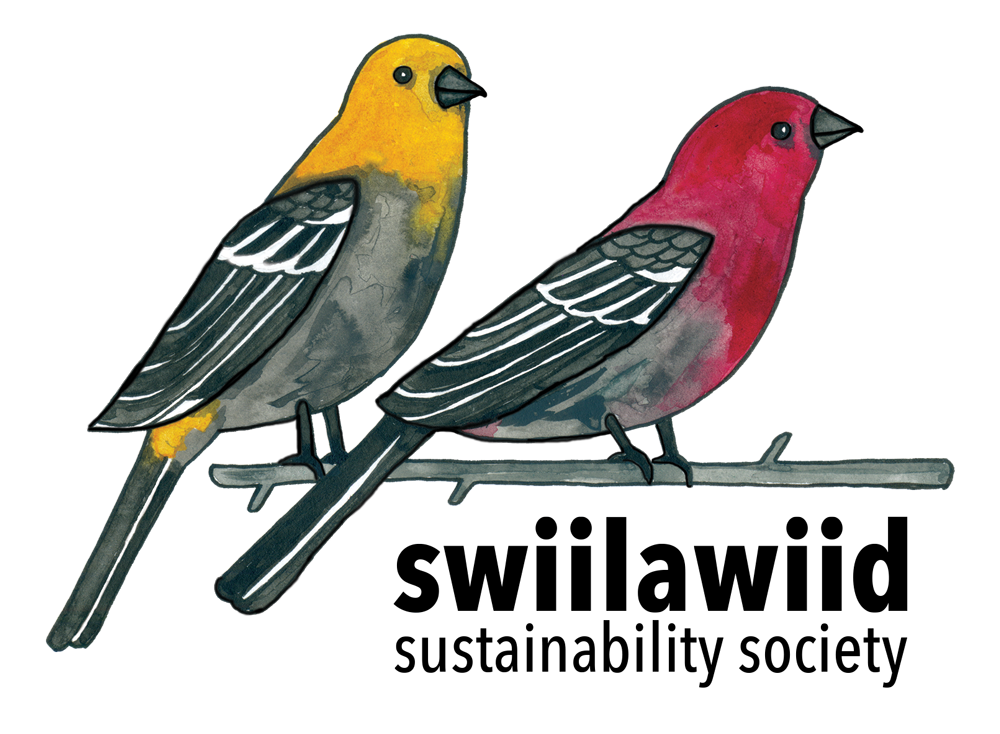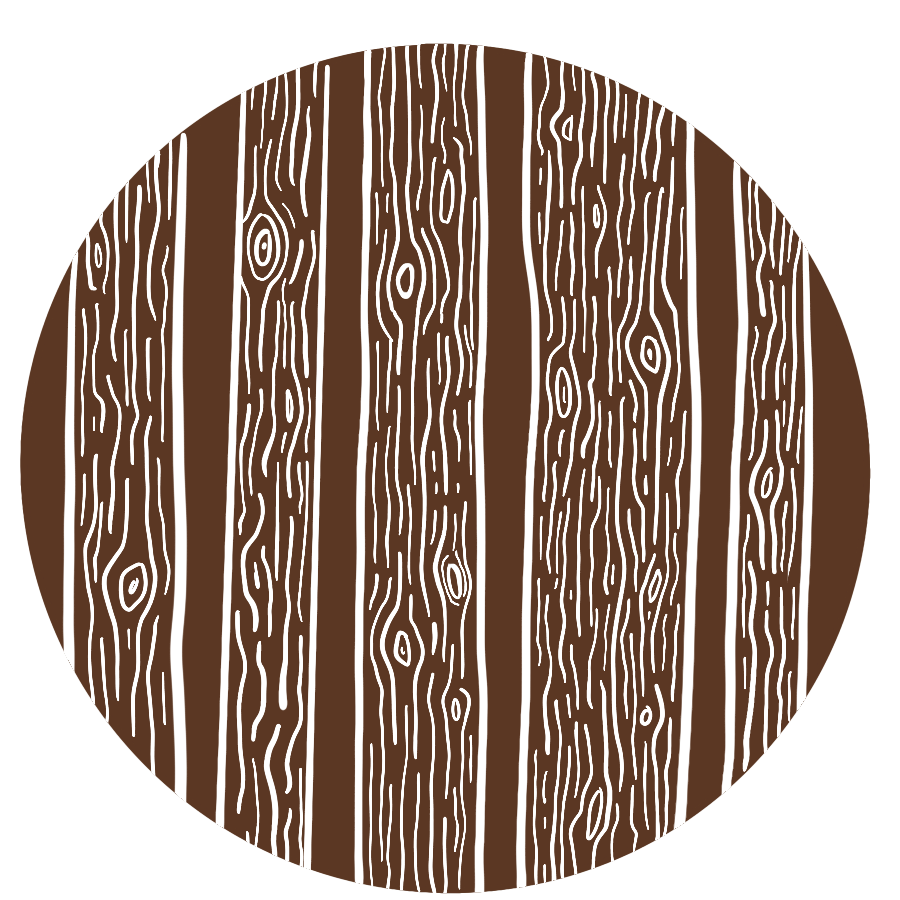Biomass
Biomass energy can be generated by burning organic materials such as wood or wood waste from the forestry industry in a boiler. This can produce heat and/or it can generate electricity by producing steam that rotates turbine blades. Biomass energy can also be generated by converting organic materials to fuel. Landfill gas, made up of methane and carbon dioxide, is produced by decomposing garbage. This gas can be piped to a plant that burns the gas and produces electricity or it can be purified and used as an alternative to fossil fuels.
On Haida Gwaii
There are currently two large biomass boiler systems in Gaw Tlagée and ‘Waan Kun that burn waste wood on Haida Gwaii providing heating to public buildings. Local organizations are exploring the feasibility of biomass. There are some also some smaller biomass boilers that heat residential buildings.
Advantages
Biomass systems that utilize waste to generate heat and electricity can be more environmentally friendly than burning fossil fuels, especially if the waste is nearby. On Haida Gwaii, wood waste from logging, dry land sorts and sawmills is often burned in open piles or left to decay. Utilizing this waste for heat and energy could be a better option.
Considerations
Waste wood is a limited resource. If supply can’t meet demand, trees would have to be cut down to fuel the biomass, which will lead to increased deforestation. Biomass from purpose grown crops or trees can increase emissions, deforestation, and take away from food production. Harvesting trees just for the purpose of biomass energy, releases carbon that would stay locked up in forests, and could divert wood otherwise used for wood products. Biomass projects should not be an excuse to harvest or consume more, but should only utilize biomass that would be wasted or burned.

